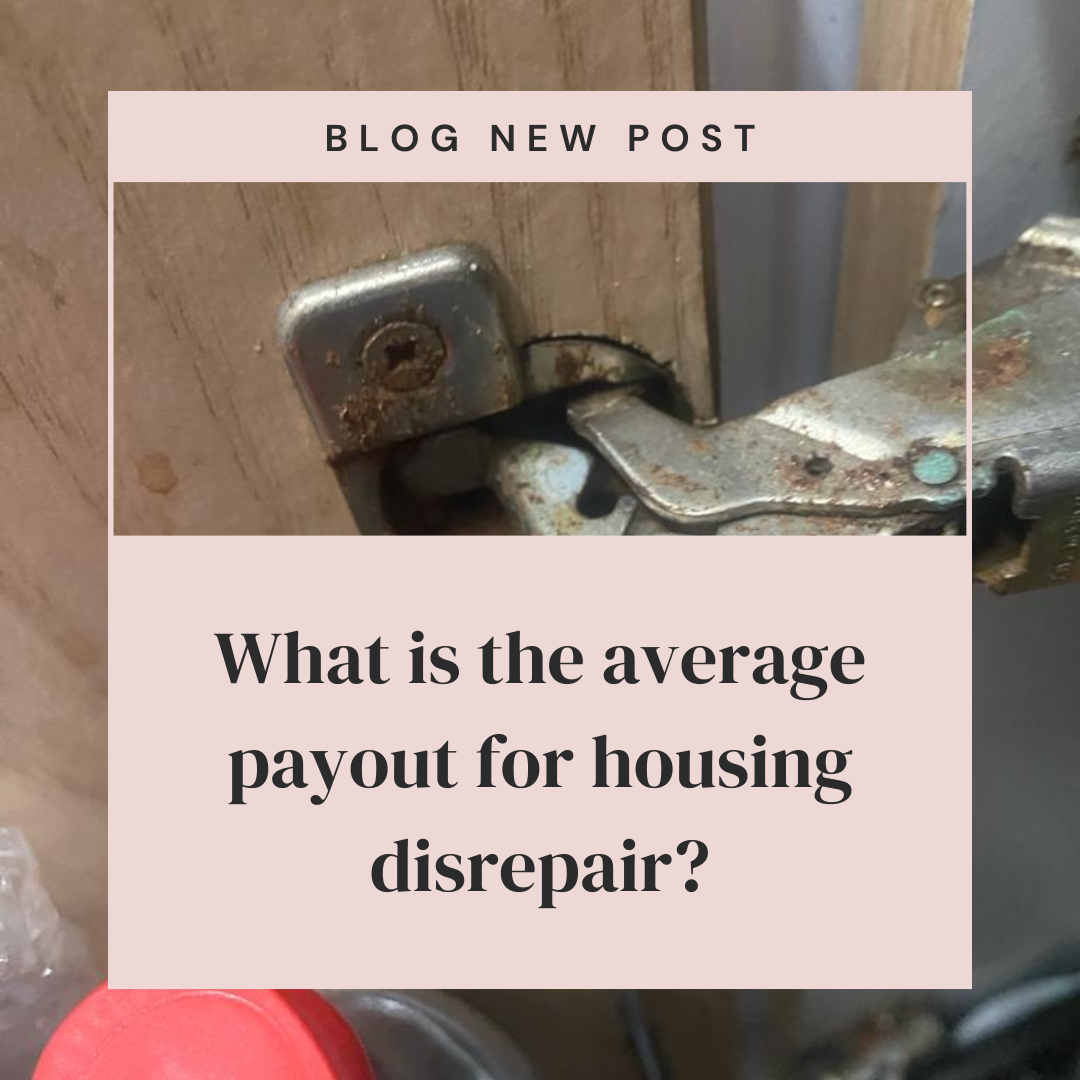What is the average payout for housing disrepair?
What is the average payout for housing disrepair? Are you a social housing tenant in England or Wales experiencing issues with your rented property’s condition? Housing disrepair can significantly impact your quality of life, affecting your health, safety, and comfort. In such situations, understanding the average payouts for housing disrepair claims can be crucial for seeking proper compensation and addressing the problems you face.
Exploring Average Payouts for Housing Disrepair
What Constitutes Housing Disrepair?
Housing disrepair encompasses a range of issues within your rented accommodation, such as damp, mould, leaks, electrical problems, pest infestations, structural issues, and more. These conditions not only diminish your living standards but can also pose serious health risks.
Seeking Compensation: Understanding Average Payouts
When pursuing a housing disrepair claim, tenants may be eligible for compensation. The average payout for housing disrepair varies significantly based on several factors, including:
- Severity of Disrepair: The extent and severity of the issues within the property significantly influence the compensation amount. Severe cases that impact health and safety tend to result in higher payouts.
- Duration of Disrepair: The length of time the disrepair persisted without resolution plays a role. Long-standing issues often lead to higher compensation.
- Effect on Tenant’s Well-being: If the disrepair directly affects the tenant’s health, causing illnesses or exacerbating existing conditions, it may lead to increased compensation.
Factors Affecting Average Payouts
The average payouts for housing disrepair claims in England and Wales can range from hundreds to thousands of pounds. However, it’s important to note that each case is unique, and several elements influence the final compensation:
- Legal Costs: Legal fees and expenses involved in pursuing a claim can impact the final payout.
- Negotiation and Settlement: Often, cases are resolved through negotiation or court settlements, impacting the final compensation amount.
- Evidence and Documentation: Thorough documentation and evidence of the disrepair are crucial for substantiating the claim and determining the payout.
Steps to Take for Housing Disrepair Compensation
If you’re experiencing housing disrepair issues, follow these steps to seek compensation:
- Notify the Landlord: Report the issues to your landlord or housing authority immediately in writing, detailing the problems and requesting repairs.
- Keep Records: Maintain records of all communications, including letters, emails, photographs, and any related medical reports.
- Seek Legal Advice: Consider seeking guidance from legal experts or housing advisory services specializing in tenant rights and housing disrepair claims.
Conclusion
Understanding the average payouts for housing disrepair claims is crucial for social housing tenants in England and Wales. By comprehending the factors influencing compensation and taking appropriate steps, tenants can navigate the process of seeking fair compensation for their living conditions’ improvement.
Remember, every case is unique, and seeking professional advice can greatly assist in determining the best course of action for your situation.
Important links
Housing Disrepair Advice: https://housingdisrepairadvice.org/contact
Housing Ombudsman: https://www.housing-ombudsman.org.uk/
